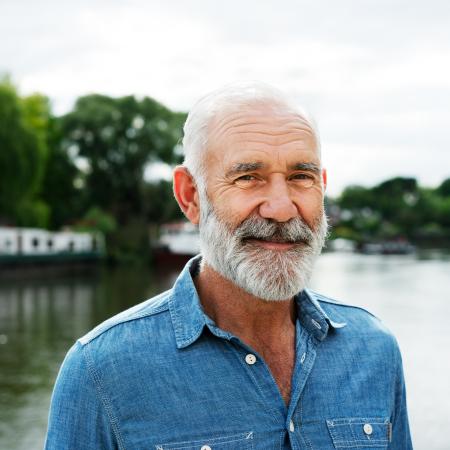The study medicine is a bispecific antibody designed to target two different proteins, PD-1 and VEGF, at the same time. These proteins can play a role in how the cancer grows and how the immune system responds to it. It is thought that by binding (or connecting) to these two proteins, the study medicine may help the immune system find and attack the cancer cells while also potentially slowing down tumor growth, which may be more effective for treating lung cancer than targeting PD-1 alone.
Pembrolizumab combined with chemotherapy is a standard treatment for NSCLC. Pembrolizumab binds to PD-1 on the surface of the cancer cells and helps your immune system to recognize and attack them.





